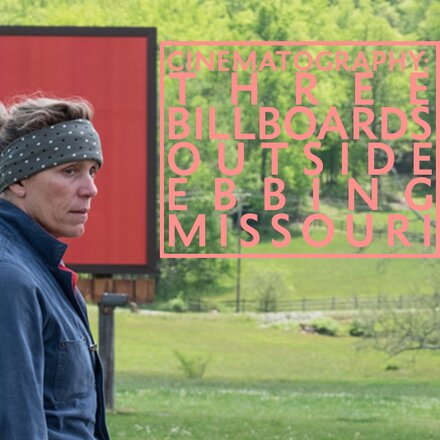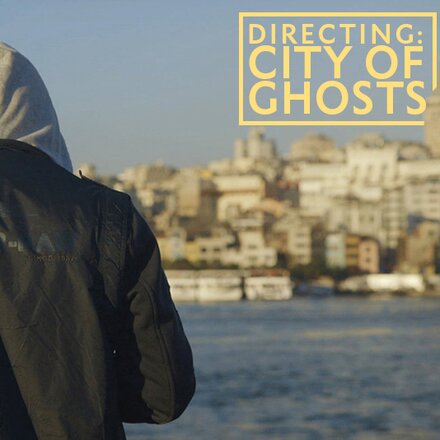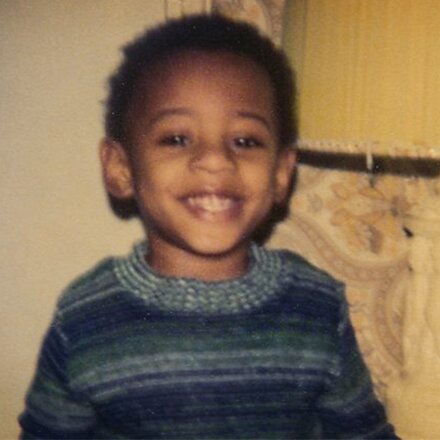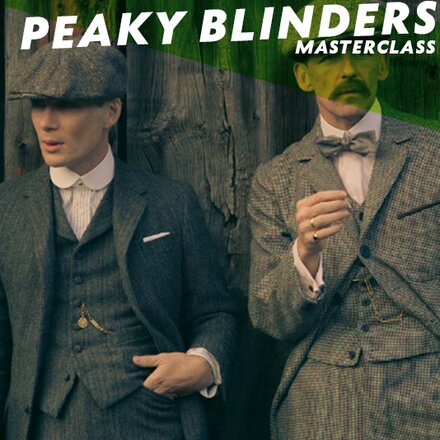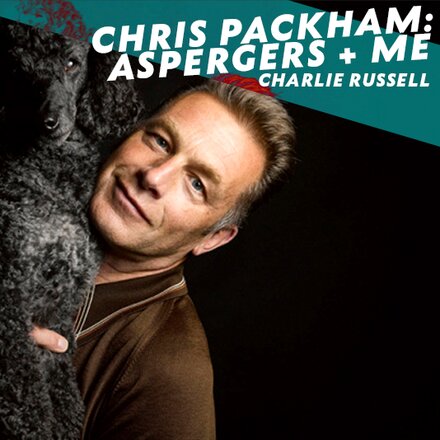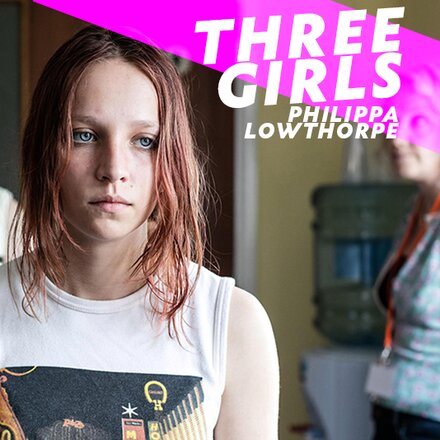Figuring out how to make films is also figuring out how you want to live. They’re not separate from each other. The real design of it all is what kind of life do you want to lead? I want to go off and make things with my friends. I like to wake up and have a project every day. How are you going to make it so you can wake up and shoot every day? To train your eye and learn how to see.
Research is not Google. Research is a lived experience. The best thing about filmmaking is it leads you to an experience. Something’s going to happen on the way to the library that you didn’t have in mind. That doesn’t happen in your room looking at a screen – you find answers in places you aren’t expecting them. It’s not about some end product, it’s about the road there.
Collaboration is king. It’s a process and it involves a lot of meetings and a lot of research and a lot of talking and a lot of coffees and those are the greatest times. People inspire you. Even though you might be guiding the ship, at some point you’re going to be coming together with a lot of people to get it made and everyone brings a lot to that moment. It’s not painting a picture where you’re in a room by yourself. It’s a lot of hands on deck and a lot of hard work on behalf of a lot of people.
Don’t sit around waiting for some big idea. My recommendation to young filmmakers is learn your tools and don't wait for some big idea to come to you before you do something. The best thing to do is to find a day job so you can afford to shoot when you find time to shoot. It’s just a daily practice.
You don’t have to tell your own story. I’ve found it really rewarding to work with writers who are better writers than me and investigate worlds that aren’t my own.
Understanding how you want to work takes time. Way back in the beginning I thought that there was a path and then I didn’t see an opening on that path. After my first film I spent a decade trying to carve my own way. It wasn’t any kind of grand scheme, it was more a matter of how to work.
I was making films which didn’t need lights which would require less equipment and smaller crews and made a 15-minute narrative with a crew of two and two actors. Really I was just trying to learn how to make films. I also spent a lot of time watching films and breaking them down and learning.
Filmmaking is a great adventure. I don’t really think of myself as being in the film business. I teach for a living and I enjoy teaching and I go off and make films with a group of people that I like working with and have a little adventure. I like to have a project in my mind that leads me to take trips to scout an area, meet some people I wouldn’t otherwise meet, or read books I wouldn’t have otherwise read.
My actors are part of the crew. We don’t have any luxuries for them. They’re really down in it. They’re living where the crew lives and partying where the crew parties. I think the actors I’ve worked with enjoy not being off and segregated. They like being in the thick of it. They all really have to drive the cars, Michelle [Williams] has to be able to walk the oxen in a bonnet without any peripheral vision.
When Dakota Fanning left the set of Night Moves, after she’d spent weeks pulling the truck out of the mud and holding the line of the boat, she was so upset to leave and not be a part of it anymore; she was writing to me from the next set while she was sitting in her trailer about how much she missed the experience.
If you knew everything in the beginning, you’d probably just take a nap and wouldn’t bother. Maybe it’s best to not know.
Certain Women is out now.

